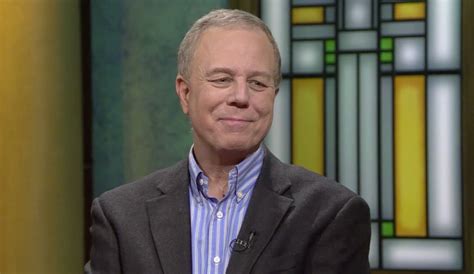A Quote by Sydney J. Harris
Patriotism is proud of a country's virtues and eager to correct its deficiencies; it also acknowledges the legitimate patriotism of other countries, with their own specific virtues. The pride of nationalism, however, trumpets its country's virtues and denies its deficiencies, while it is contemptuous toward the virtues of other countries. It wants to be, and proclaims itself to be, "the greatest," but greatness is not required of a country; only goodness is.
Related Quotes
Strength, Courage, Mastery, and Honor are the alpha virtues of men all over the world. They are the fundamental virtues of men because without them, no 'higher' virtues can be entertained. You need to be alive to philosophize. You can add to these virtues and you can create rules and moral codes to govern them, but if you remove them from the equation altogether you aren't just leaving behind the virtues that are specific to men, you are abandoning the virtues that make civilization possible.
Whereas nationalism still seeks power, honour, and glory through means that endanger other countries, patriotism knows that a country's strength and honour can only be permanently safeguarded through concourse with other countries. And whereas nationalism scoffs at the idea of international laws and regulations, patriotism seeks to create such.
The modern world is not evil; in some ways the modern world is far too good. It is full of wild and wasted virtues. When a religious scheme is shattered (as Christianity was shattered at the Reformation), it is not merely the vices that are let loose. The vices are, indeed, let loose, and they wander and do damage. But the virtues are let loose also; and the virtues wander more wildly, and the virtues do more terrible damage. The modern world is full of the old Christian virtues gone mad. The virtues have gone mad because they have been isolated from each other and are wandering alone.
Loyalty saves us from the self-advantaging compromising of important relations - such as friendship, marital and professional commitments, group memberships, and so on. But as the Aristotelians would put it, its expression requires phronesis - wisdom not to allow it to compromise other important virtues ,there is something to the ancient doctrine of the unity of the virtues. I believe that is true of all virtues, but especially of the executive virtues - such as industriousness, sincerity, conscientiousness, and courage - which may become detached from substantive goods.
...just as the edifice of all the virtues strives upward toward perfect prayer so will all these virtues be neither sturdy nor enduring unless they are drawn firmly together by the crown of prayer. This endless, unstirring calm of prayer... can neither be achieved nor consummated without these virtues. And likewise virtues are the prerequisite foundation of prayer and cannot be effected without it.
A comprehensive doctrine, either religious or secular, aspires to cover all of life. I mean, if it's a religious doctrine, it talks about our relation to God and the universe; it has an ordering of all the virtues, not only political virtues but moral virtues as well, including the virtues of private life, and the rest. Now we may feel philosophically that it doesn't really cover everything, but it aims to cover everything, and a secular doctrine does also.
[I]t's impossible to evade the fact that Endless War will inevitably degrade the citizenry of the country that engages in it. A country which venerates its military above all other institutions, which demands that its soldiers be spoken of only with religious-like worship, and which continuously indoctrinates its population to believe that endless violence against numerous countries is necessary and just - all by instilling intense fear of the minorities who are the target of that endless violence - will be a country filled with citizens convinced of the virtues and nobility of aggression.
One of the real dangers of loyalty is that it may become associated with certain types of group-think, chauvinism, jingoism, and thus become socially destructive in ways that many other virtues are not likely to be when they are corrupted. Nationalism and patriotism are especially prone to misguided excess.































